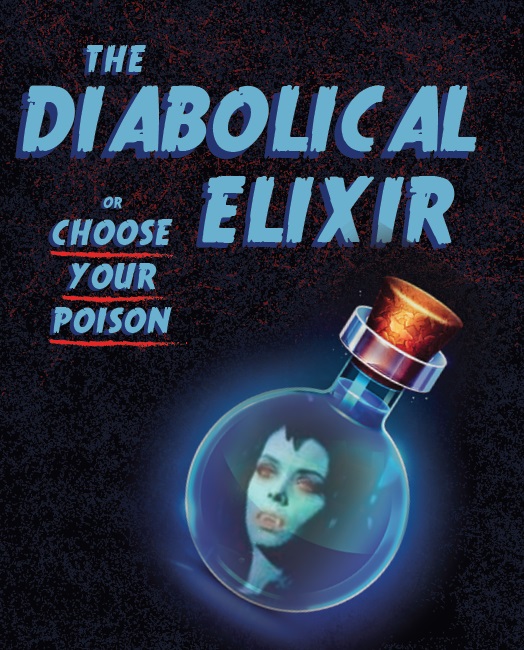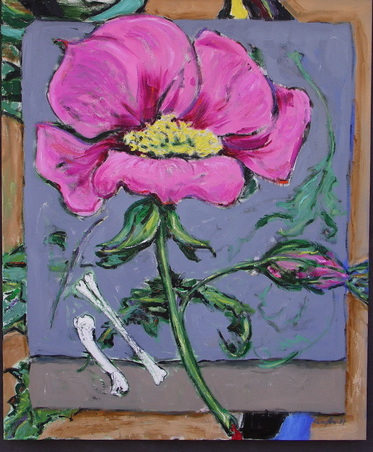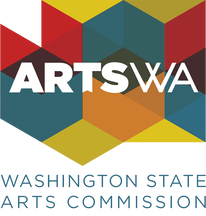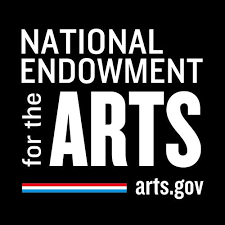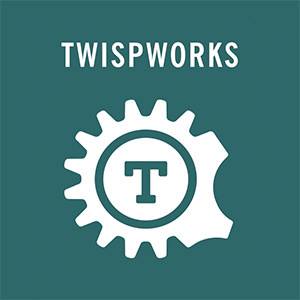The Merc is seeking submissions for We are planning our first post-pandemic production at The Merc and we want stories!
YOUR stories. What did 2020 mean to you? What made the greatest impact on your life? What did you learn? What would you like to share with an audience? We plan to bring audiences back together in the theater to hear what happened in different corners of our community during the pandemic. We hope your stories connect, inspire, entertain, and teach us. Submit your writing, video, or sound recording via email by August 30th OR, don't like email? In-person submissions: Wed, August 11th or Wed, August 25th 6:00 - 8:00 PM @Yourspace in Building N on Twispworks Campus Submissions must be less than 5 minutes. Submissions will be curated and directed and then presented in a multi-media Reader’s Theater performance the weekend of October 14th – 17th. Participants will work with the director to edit submissions and/or rehearse as necessary for final presentation. The director will use his artistic vision while collaborating with participants to create an engaging production for audiences to experience: LIVE theater with some bells and whistles thrown in. Accepting submissions from all ages, backgrounds, and corners of the community. We seek a wide range, so don’t be afraid to submit! Submission Deadline: August 30, 2021 or in-person on designated dates Submission Length: 5 minutes or less Format: Written words, sound recording, or video recording Performance Dates: October 14th – 17th Rehearsals and final editing will be one-on-one with the director during September, then full cast tech rehearsals October 9th and 10th. Performances the following week. Send email submissions here Call 509-997-7529 or email with questions. Theatre, the art form, is not a passive entertainment, but about us witnessing and being a part of a room full of people all saying “yes” to suspending our disbelief for the time span of the show.Ki and I engage all the time about The Merc, our audience, and how we can build the audience while sustaining what we already have. To this end, we thought it might be of interest to publish some of that dialogue. As Executive Director, I am constantly looking at the big picture, while Ki is more focused in the artistic area, but there is tons of overlap. We started this recent conversation after Ki reported an audience member told her he “didn’t get it” about the latest show… Ki: When people say, “I don’t get it,” I usually respond by asking, “well, what did you experience?” Then they tell me exactly what they saw and heard, which is the same as what I and everyone else saw and heard. But for some reason, they don’t take that final tiny step to putting it all together for themselves. It’s that final tiny step—the one that involves marshaling their own curiosity, creativity, and imagination—that people often hesitate at taking. That step is the hallmark of our mission statement “connecting curious seekers to live theatre.” Why do you think people are afraid of that step? Missi: Well, curiosity and creativity come to people in such a variety of ways and everyone has their own pace at which they bring it all together. It's so interesting to me how quickly people expect themselves to go "AHA! I know exactly what that play (or song, or poem, or book) is about!" Sometimes people have things figured out by intermission and the show is only half over! I think most people believe when they come see a show, the entire conversation happens in that one night, but it doesn't. Sometimes one performance of a show is only the beginning of the connection or the conversation. I feel like the whole point to presenting good theater is to start a conversation, not end one! You wrote The Diabolical Elixir, so we are lucky enough to have the playwright here in the room with us to help us understand. Tell me more about the writing process for this play. Ki: This play, as I wrote about in the director notes for the program, used the form of gothic melodrama as the jumping off point: this type of play traditionally began with a prologue, had stereotypical characters (the evil uncle, the innocent virgin, the hero), some music/singing, and had some kind of moral. Good always wins, ultimately, over evil. Just as fairy tales often have sad, or ambiguous, endings that are meant to make us wonder and question. (In the real little mermaid story she turns into foam, and then rises to the “daughters of the air” in a kind of purgatory!) Missi: How often do you consider whether the audience, or the actors for that matter, will "get" your meaning? Ki: I always think about whether there is a clear storyline, but I always assume that the audience will be curious enough to question and wonder. In the case of The Diabolical Elixir, I wanted the ending to be somewhat discomfiting. Why would a perfectly good and innocent person do something like drink that Elixir? Was she driven to it? Why? Missi: For the record, I especially like any story that illuminates that we all have many sides - even girls who are totally innocent and perfect like myself can make some bad choices. ;) Only kidding, but seriously, isn't that a huge part of the human condition that anything with literary value frequently points out? There are no 100 percents when it comes to good and evil. Does one bad choice make a perfectly good person turn bad? It's an ongoing debate we can all have. Ki: As to the whole good and evil thing: theatre, the art form, is not a passive entertainment, but about us witnessing and being a part of a room full of people all saying “yes” to suspending our disbelief for the time span of the show. Like kids playing together and creating a world with it's own rules, when we go into a theater space, we are saying we want to believe together in what is being created in front of us. An innocent girl who chooses to use something evil to RID the world of evil gets at the old question “does the end justify the means?” Missi: It must be fun to experiment with all the ways to make the audio sounds for this show. Did the actors bring ideas with them for that? How much trial and error is there in the rehearsal process? And all of it was visually entertaining too. Ki: In my attempt to keep the rehearsal process as compact as possible, I did come armed with lots of gear and ideas about how to create the live sound effects. But of course the actors brought their ideas into it, and we accommodated most of them! It’s amazing what crazy effects people know how to make with their voices: I think we all did a lot of shows in our basements when we were kids! And that is exactly the kind of energy that makes a “live radio show” fun. We’ll see how the show translates to the radio once we have selected to the recording of the show that we think is the “best show.”
Confluence Gallery Presents Caryl Campbell “The Wilderness Journal” in The Merc's art gallery7/20/2015
Caryl Campbell’s detailed and colorful oil on canvas are evocative of the travel books of older times. These works are a product of her interest in natural history and a background in medical science. They are an extension of a carefully researched and recorded natural history journal. On some works she creates a formal structure on the canvas in an underlying landscape painting, over which is layered a representation of a journal page, upon which is painted a representational or abstracted element of nature. Other paintings are pure and vibrant landscapes enlarged to beautiful detail. These works are an investigation of a paradox; the wondrous beauty of the natural world coupled with the wonton disregard for the individual life form.
Caryl Campbell is a long-time Methow Valley resident and an amateur naturalist. Living on a large forested home-place allows her to keep daily records of bird migration, nest sites, tree health, plant diversity, and more. Caryl’s work is inspired by, and structured from these encounters with the natural world. She has a strong background in Science, as well as, a degree in painting from the University of Washington. Caryl has been featured in solo shows, locally and regionally, and her work is in private collections close to home and globally. To purchase works of art from the exhibit contact Confluence Gallery at 509-997-2787 or email Salyna. |
Site Search:
MENU
Thank you to our sponsors!
The Merc Playhouse | 101 S. Glover Street | PO Box 425 | Twisp, WA 98856 | 509.997.7529 | [email protected]
The Merc Playhouse is a registered 501(c)3.
The Merc Playhouse is a registered 501(c)3.

